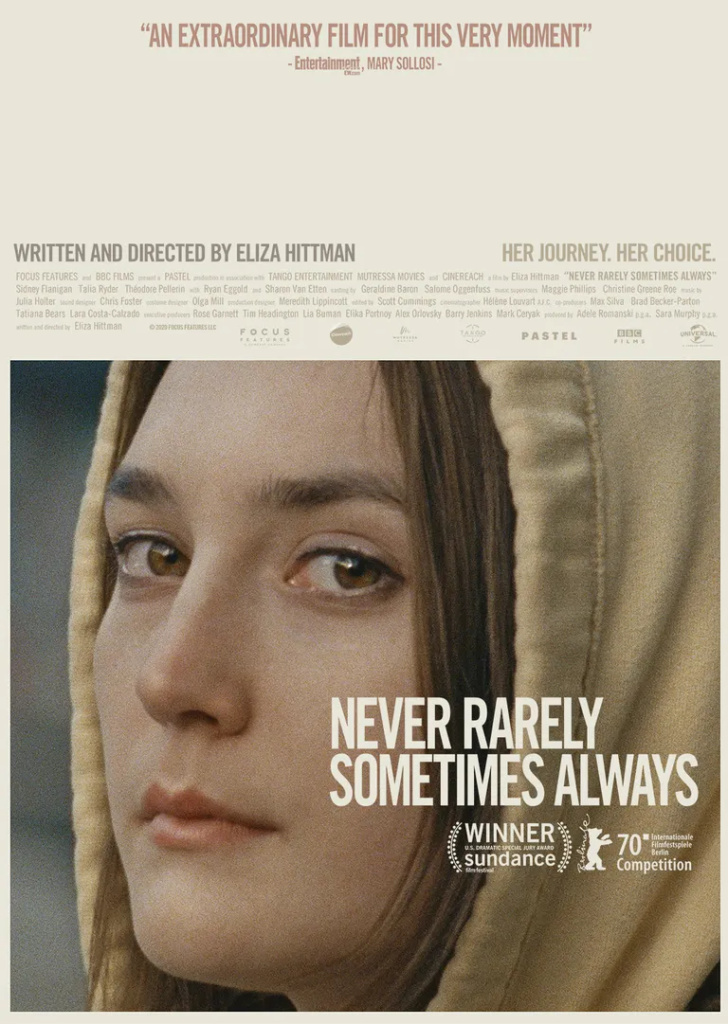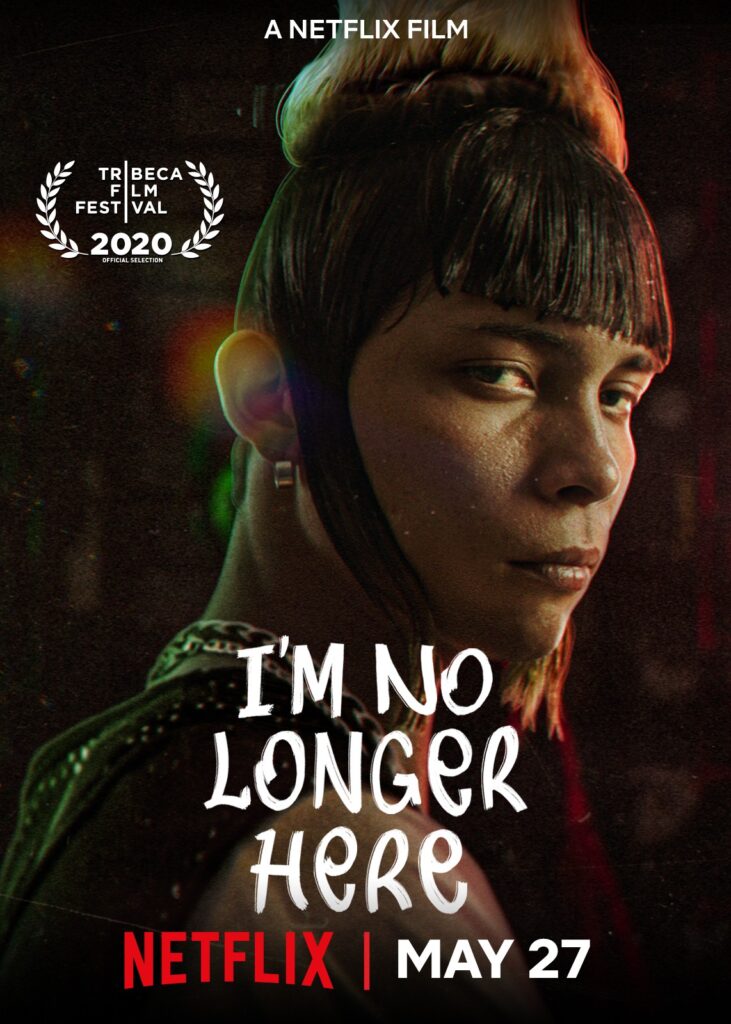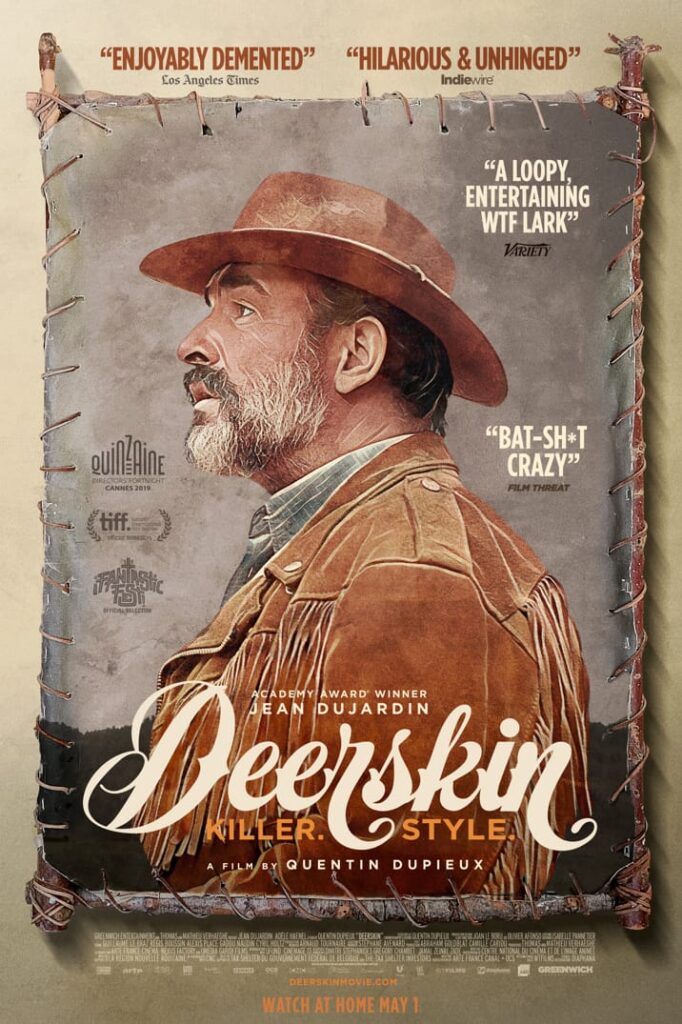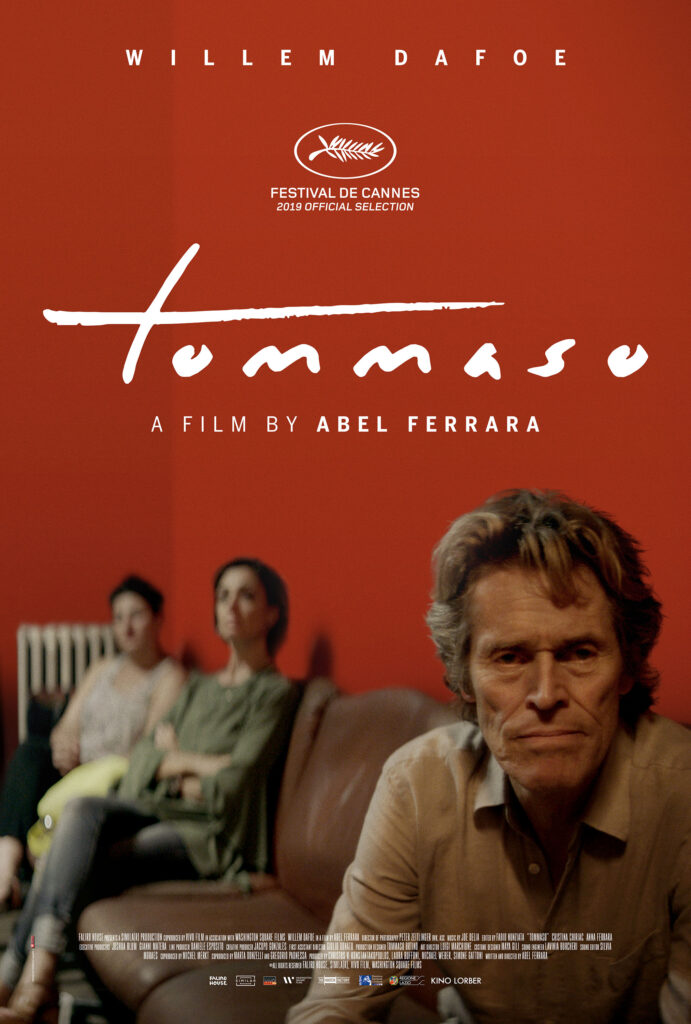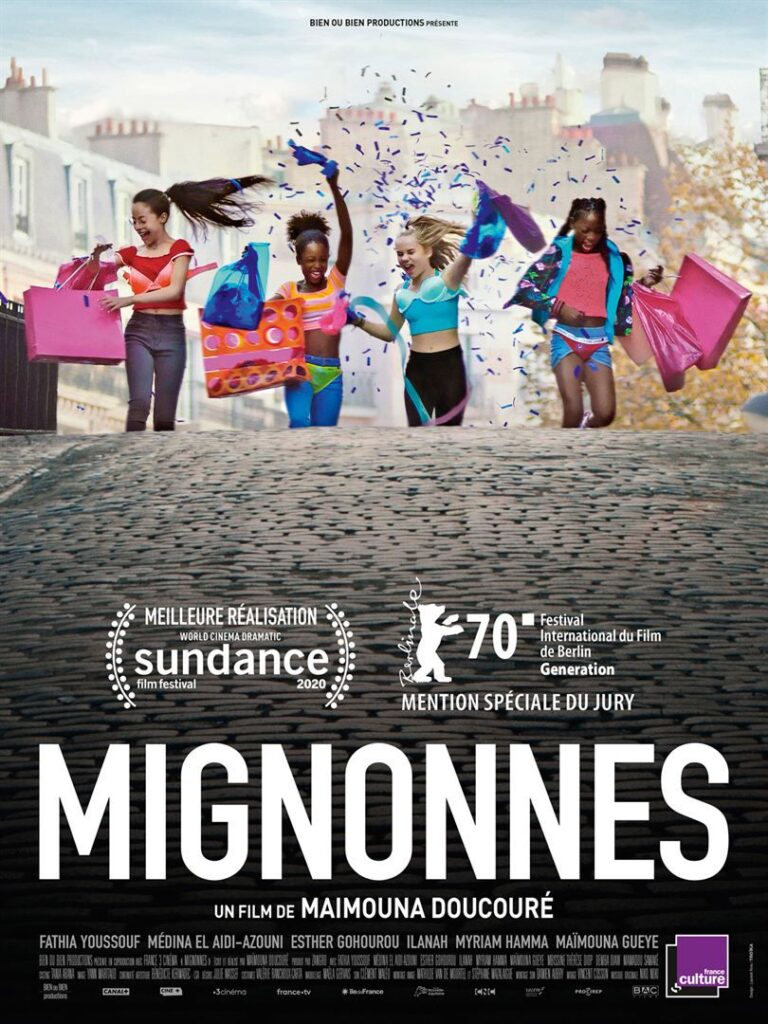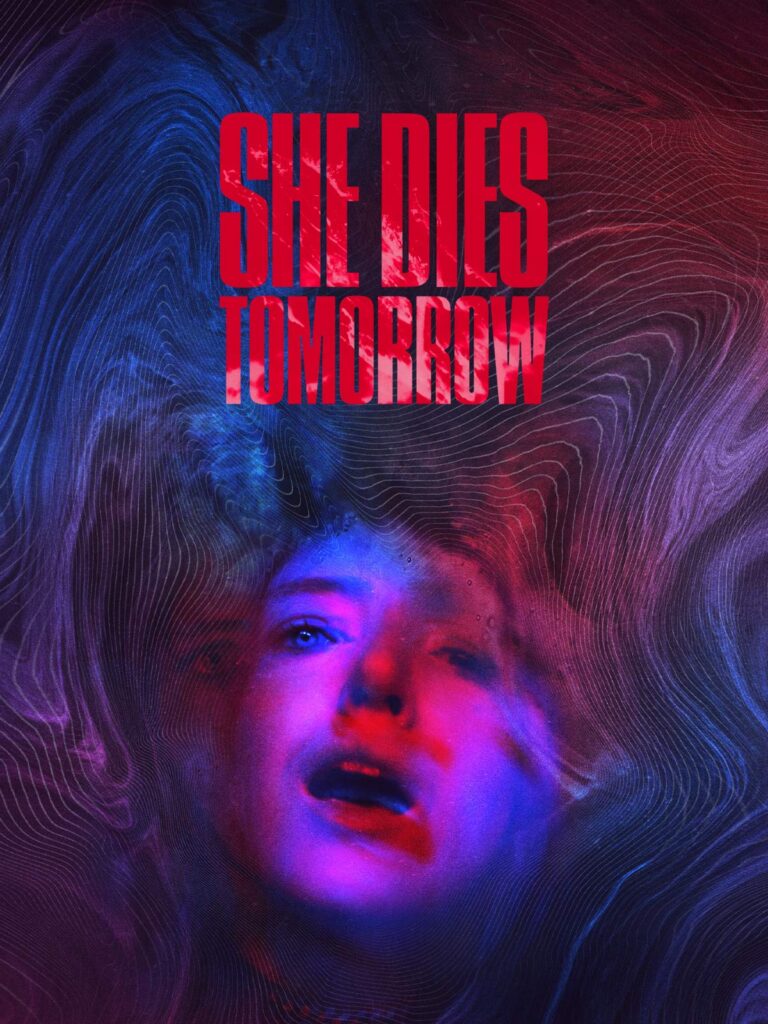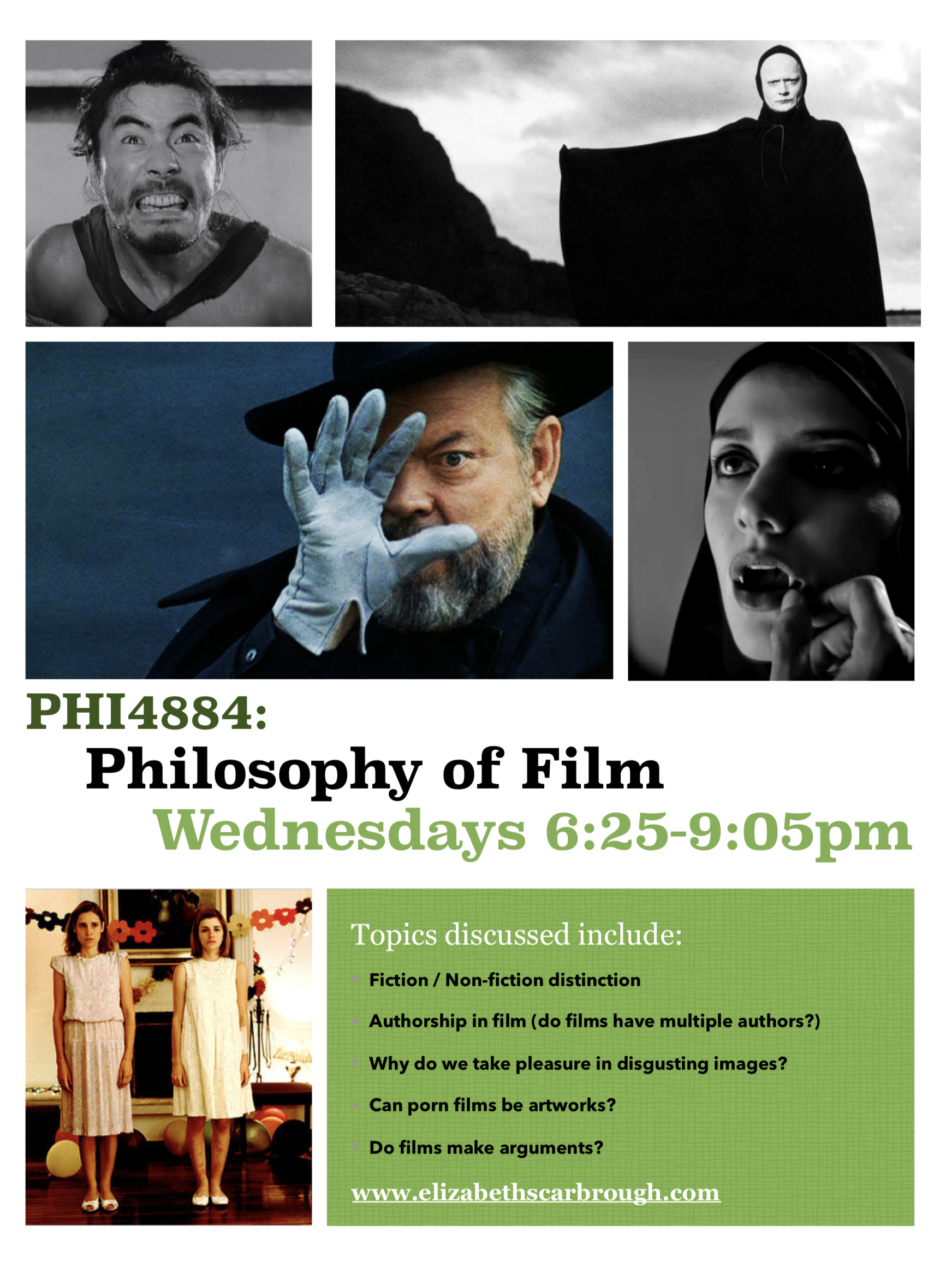Hi all! I wrote this years ago when I was working at the Grand Illusion Cinema and thinking about these issues (Midnight in Paris must have just come out). This week in class we will be talking about the artwork of moral monsters, so I thought I’d dust this off to give my students some context on the directors I would be discussing. There is a really good Aesthetics for Birds roundtable on this very issues which you can find here.
“Let’s suppose, for the sake of argument, that every nasty thing ever said about Woody Allen is true. What would that then imply about his movies? Can the man and his work be separated, or are the two inextricably entwined? And if they are entwined, are you – the movie goer – doing something wrong in enjoying and supporting the film?
These sorts of debates have been going on in the super-tiny bubble world of philosophical aesthetic for decades and have been pushed to the forefront by the recent attention given to Allen’s personal life. It is important that this is not the first time in American cinematic history someone’s character has been invoked to besmirch artistic achievement.
In 1999 Eliz Kazan received lifetime achievement award at the Academy Awards despite providing names of fellow actors and directors to the House of Un-American Activities Committee in 1952. Kazan, who had been a member of the Communist Party for two years (1934-1936), turned “friendly witness” for the HUAC and named several of his friends and colleagues associated with the Communist party, effectively ruining their careers. Kazan believed either he testified or he would never make a movie in Hollywood again. His first hit after this affair, On The Waterfront, was written by (Budd Schulberg) and acted in (Lee J. Cobb) by other HUAC informants. What does Kazan’s moral digression show? Many believe it showed a true lack of loyalty, but can we see any of that in On The Waterfront? Perhaps. Brando’s character named names against corrupt labor leaders, and is doing so is valorized. Thus, the rat (in this case) is vindicated. As Jules Dassin stated, a screenwriter that Kazan blacklisted, “There is no way for the films of Kazan to be amputated from the rest of him.”[i]
The classic example given in these cases is that of Leni Riefenstahl’s Triumph of the Will. Generally regarded as a cinematic masterpiece, the movie glorifies the Nazi party. We might be able to say that while the technical achievements are no less marvelous, the movie would have been better –all things considered– if it hadn’t heralded a morally despicable cause. Or, is what we like about the picture precisely the bizarre juxtaposition between artistic exemplariness and its extreme moral wickedness?
And of course who can forget Roman Polanski’s rape of an underage girl while in Jack Nicholson’s hot tub. The man still won the best picture Oscar for The Pianist, although he could not re-enter the United States to accept the award. Here we might ask: do Polanski’s movies glorify rape or rape culture? Does the morally objectionable thing he did seep into his work somehow? I would argue no; there is nothing in The Pianist that glorifies rape culture. In fact, the movie reminds us of what Hannah Arendt called “the banality of evil,” and I would say the “banality of good,” – it reminds us how people are capable of unfathomable cruelty and unexpected kindness in almost equal measure. Further, Polanski’s Repulsion is a movie that, I believe, demonizes rape culture. The protagonist of the film (if you could call her that) is perpetually terrified and lashes out in violent ways. We learn she has become this way because of what men have done to her. It is, I believe, an anti-rape movie — one made by a rapist.
And finally, Woody Allen. Ah, Woody Allen whose movies often have a ‘Woody Allen’ character in them: Alvy Singer of Annie Hall, Isaac of Manhattan, Harry Block of Deconstructing Harry, and Mickey of Hannah and Her Sisters, just to name a few. It is much harder in the case of Woody Allen to separate the man from his work because the man is literallyinhis work. In the grand tradition of other auteur directors, his work is about his life. We believe Guido Anselmi (played by Marcello Mastrioanni) is some sort of wish fulfillment on behalf of Fellini in his 8 1/2. Similarly I suspect Woody Allen’s ‘Woody Allen’ characters are half fact, half fiction. Again we can ask: is there anything about Allen’s films that glorify rape culture, sexual abuse, or child abuse? And it is here where you have to be familiar with the movies to come up with an answer. Isaac in Manhattan has a sexual relationship with a seventeen year old, the ultimate conclusion of which is (perhaps) that the child is more grow-up than the man. (See Joan Didion’s 1976 scathing review of Manhattan for more on this theme)[ii]. As a young woman watching this movie for the first time at 17, I found the premise incredibly creepy. ‘Who would want to date that guy?’ I thought. 17-year-old me shrugged it off as yet another man living out in film what he couldn’t and/or shouldn’t do in life. (To be fair to auteur directors with wish fulfillment, at least Guido’s banished women staged a revolt!)
What’s interesting to see is how people responded in these three cases. In the case of Kazan, people who attended the Oscars but who were outraged that the man was receiving an award refused to clap when he was honored: a small, silent protest captured aptly by the cameras for the viewers at home In the case of Polanski, a documentary film was made examining his arrest and subsequent abscondment (Roman Polanski: Wanted and Desired, 2008). And in the case of Woody Allen, some people have boycotted his films since the first allegations of child abuse came out (for example, my mother), but most have ignored the issue.
Do you praise the work and demonize the man? Do you boycott anything related to Woody Allen, as my mother has done for decades? Do you watch the movies, and discuss the moral implications with your friends afterward? Do you try to separate, the best you can, the artist from their artwork? This is your – the movie goers — choice. Being reflective about this choice is a good first step.”
[i]http://www.cnn.com/SHOWBIZ/Movies/9903/16/kazan.oscar/).
[ii]Find it here: http://www.nybooks.com/articles/archives/1979/aug/16/letter-from-manhattan/
Here are some relevant articles:
On John Wayne, Cancel Culture, and the Art of Problematic Artists
Aesthetics for Birds: The Art of Immoral Artists
Dylan Farrow’s Open Letter
What Do We Do with the Art of Monstruous Men?
Imaginative resistance and the Woody Allen problem

